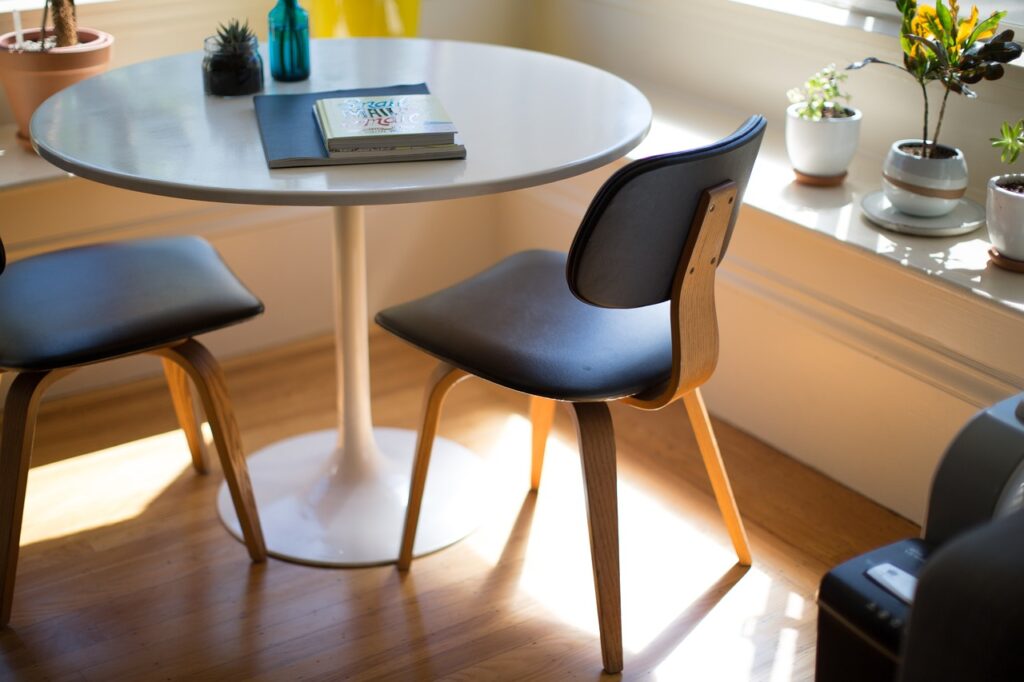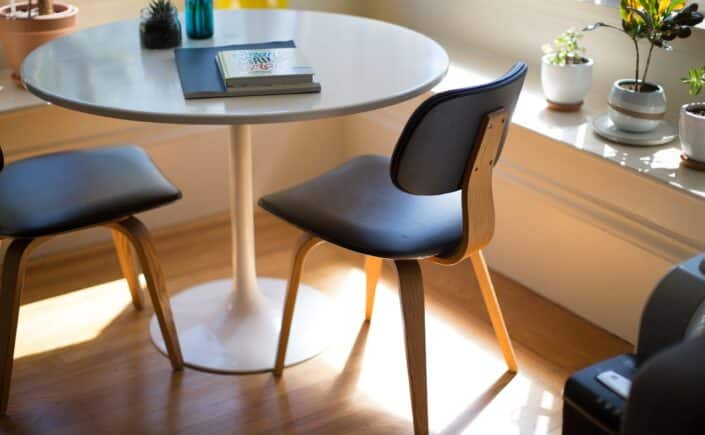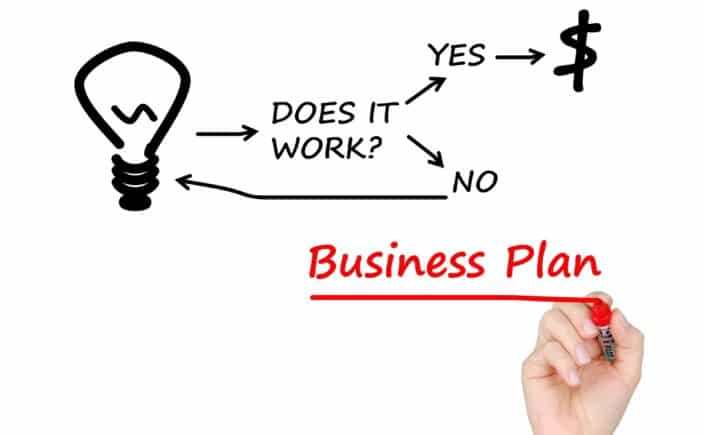Implementing Sustainable Materials and Furnishings
So you’ve decided to make your office space more sustainable and eco-friendly. Congratulations on taking this important step toward a greener future for our planet! Going green in the workplace is easier than you might think. With some simple changes, a office furniture buying guide, and upgrades, you’ll be well on your way to crafting the sustainable office of your dreams.

In this article, we’ll explore some straightforward yet impactful ways to transform your current office into an environmentally-conscious space. From optimizing lighting and improving ventilation to choosing sustainable office supplies and renewable energy, you have so many options to consider. But don’t feel overwhelmed – we’ll break it all down into bite-sized, budget-friendly actions you can start implementing today.
Designing an eco-friendly office is a journey, not a destination. Every step you take, no matter how small, makes a difference. So roll up those sleeves and let’s get to work building your sustainable office space! The planet will thank you.
Incorporating Energy Efficient Systems and Appliances
When designing an eco-friendly office space, choosing sustainable materials and furnishings is key. Look for reclaimed, recycled and repurposed items whenever possible.
Recycled and Upcycled Furniture
Check secondhand stores, antique shops, and yard sales for used desks, chairs, cabinets and shelving. Not only is reusing furniture better for the environment, it often comes with more character. If buying new, choose pieces made from recycled materials like steel, aluminum or plastics.
Sustainable Flooring
Opt for natural, organic flooring materials like bamboo, cork, linoleum or rubber. These renewable, biodegradable choices produce little waste and off-gas fewer chemicals. For carpet, choose a recycled product or natural fiber rug.
Energy Efficient Lighting
Use LED bulbs, natural lighting from windows or skylights when possible. Install dimmers or timers to reduce wasted electricity.
Recycled Paper Products
Choose recycled paper towels, toilet paper, paper clips, notebooks and copy paper. Look for high post-consumer waste content and paper from sustainable forestry initiatives.
Plants
Add greenery like succulents, snake plants or pothos which naturally filter the air and increase oxygen. They also boost mood and productivity.
Following eco-friendly principles for materials and furnishings in your office space helps reduce environmental impact and creates a healthy, sustainable work environment for all. Every small step makes a difference, so do your part and go green.
Promoting Eco-Friendly Office Practices and Green Work Culture
To optimize energy efficiency in your office, start by investing in Energy Star certified products. Things like LED lightbulbs, smart thermostats, and Energy Star rated electronics and appliances can significantly reduce energy usage.
HVAC Systems
Upgrade to an efficient HVAC system with programmable thermostats that can automatically adjust the temperature based on the time of day. Keep the thermostat at 68-72°F in winter and 72-78°F in summer for maximum efficiency.
Appliances
When purchasing new appliances like refrigerators, copiers or water coolers, look for the Energy Star label. These use at least 15-30% less energy than standard appliances. An Energy Star rated refrigerator, for example, can save over $200 in utility costs over 5 years.
Lighting
LED or CFL bulbs are much more efficient than incandescent bulbs. Install occupancy sensors or timers in low-traffic areas like storage rooms or bathrooms so lights turn off automatically when unoccupied. Use natural lighting when possible by opening blinds and turning off unnecessary lights.
Electronics
Enable power saving modes on electronics like computers, printers, and monitors which can reduce energy usage by 60% or more during idle times. Look for Energy Star certified laptops, phones and other devices which are designed to minimize power consumption.
By implementing eco-friendly practices and choosing energy efficient equipment and systems, your sustainable office space will be well on its way to net zero energy usage and a smaller environmental footprint. Going green has never been more rewarding!




